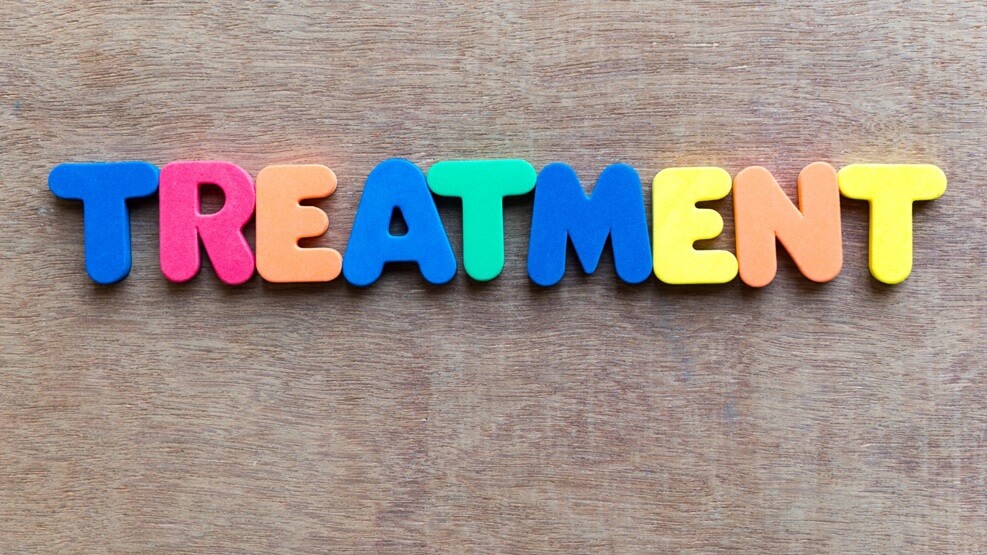If you’re looking for a way to reduce symptoms of depression, anxiety, or other mental health conditions without the use of medication, transcranial magnetic stimulation (TMS) treatment may be an option. But how long can you expect the effects of TMS to last? In this article, we’ll discuss the potential length of TMS treatment and associated benefits.
What is TMS Treatment?
Transcranial magnetic stimulation (TMS) is a non-invasive, FDA-approved treatment that uses magnetic fields to stimulate nerve cells in the brain. TMS is used to treat depression, anxiety, and other mental health conditions. During treatment, a device is placed on the head and produces magnetic waves. These waves then stimulate nerve cells in the brain that are thought to be involved in mood regulation.
How Long Does the Effects of TMS Last?
The effects of TMS are generally considered to be long-lasting. Studies have indicated that patients who complete a course of TMS treatment experience lasting relief from symptoms of depression, anxiety, and other mental health conditions.
While the exact duration of relief varies from person to person, most people experience reduced symptoms for six months or even longer after treatment ends. By consulting with a qualified healthcare professional for TMS for depression in Maryland, you can get an idea of how many sessions will be necessary for your individual case to achieve lasting effects. They will also discuss the timeline for when you can expect to experience symptom relief.
Benefits of TMS
- Non-Invasive: TMS is a non-invasive treatment that does not require surgery or the use of medication. This makes it a safe and preferred option for patients who are unable to tolerate medication or are unwilling to undergo surgery.
- Effective: TMS has demonstrated effectiveness in treating a range of neuropsychiatric disorders, including depression, anxiety, bipolar disorder, and OCD. The therapy is often used when traditional treatments have failed, and studies have shown significant improvement in patients’ symptoms after TMS therapy.
- Outpatient Treatment: TMS therapy is an outpatient treatment that requires no hospitalization. Patients can return to their daily activities immediately after treatment.
- Long-Lasting Effects: As mentioned above, TMS is associated with long-lasting effects. After completing a course of treatments, patients can expect to experience relief from symptoms for six months or longer.
To Sum Up
TMS therapy is a safe and effective treatment for depression, anxiety, and other mental health conditions. While the effects of TMS are not permanent, multiple sessions spread out over a period of time may be necessary to achieve maximum benefits. By visiting a certified ketamine clinic in Maryland, you can get an idea of how many sessions will be necessary for your individual case and how long the effects of TMS might last. With personalized treatment tailored to the individual’s specific needs and non-invasive outpatient procedures, TMS can be a great option for individuals looking for an alternative to traditional treatments. Thank you for reading!



